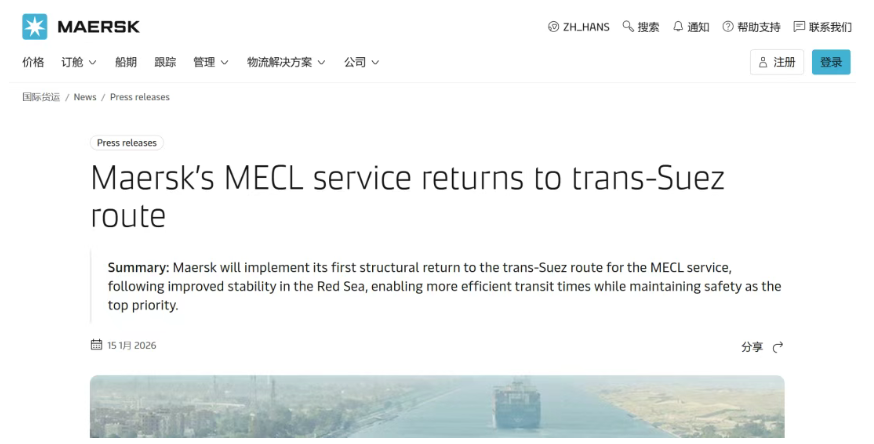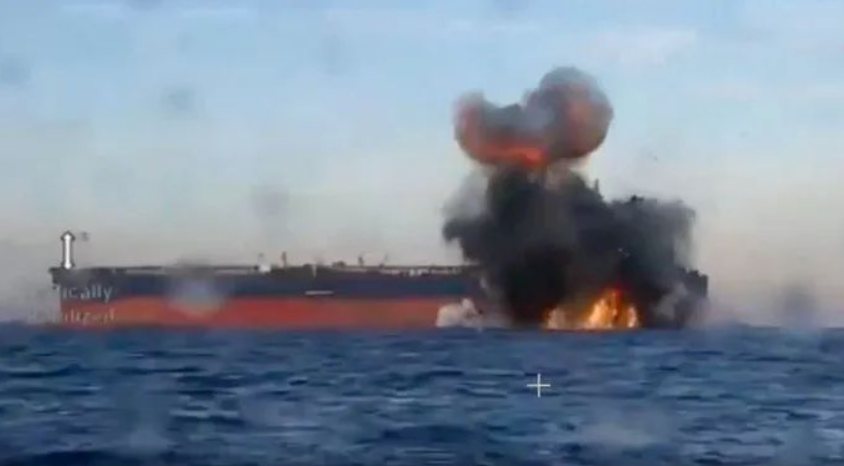
Trade notice issued by the U.S. Customs and Border Protection (CPB) clarifies their policy on declaring petroleum residue (slops) and petroleum waste (sludge).
In their notice to the ‘Area Port of New Orleans Trade Community’ No.23-017, the CBP advise as follows:
Slops
·Slops are considered merchandise and requires CBP’s Automated Commercial Environment (ACE) cargo manifesting.
·Petroleum slops is a generic term of the petroleum industry used to describe the pumpable residue crude oil that is washed or scraped from the inside of petroleum cargo tanks on vessels. Slops are collected and generally stored in a special tank on each vessel where they are held until eventual discharge.
·Petroleum slops must be manifested as cargo (crude oil residue, crude oil slops, or other cargo specific slops) at the first port of arrival prior to discharge.
·Since the quantities of slops cannot be determined until they are generated, the quantities must be estimated.
·Manifest discrepancies must be reported in accordance with 19 CFR §4.12.
·Petroleum slops that will remain on board a vessel to be discharged in a foreign port should be transmitted to CBP as Foreign Remaining on Board [FROB].
·Slops may be discharged into shore tanks or barges upon submission of a CBP-approved CBP Form 3171, Application-Permit-Special License Unlading-Lading-Overtime Services, making the importing carrier responsible for ensuring that Customs entry for the cargo is filed.
·Formal or informal entry of the slops is not required prior to discharge. However, CBP encourages entry pre-filing to facilitate cargo release and examinations.
·If someone is willing to pay for the slop oil, the amount that someone would pay is the value “transaction value-price actually paid or payable”. If there is no value associated (no one is paying for the slops) then the value is the disposal fee.
Sludge
·Sludge is not considered merchandise and no ACE cargo manifesting requirement.
·Petroleum sludge is a complex mixture containing different quantities of waste oil, wastewater, sand, and mineral matter. Sludge is removed from a vessel’s engine room and is not residue from any cargo transported by the vessel.
·Because engine room sludge and oily bilge water are by-products of materials which are necessary and appropriate for the navigation, operation, or maintenance of a vessel, neither by-product is considered merchandise and requires ACE Cargo manifesting. Both products are removed from the vessel as waste.
Source: NorthStandard
Source: NorthStandard
The opinions expressed herein are the author's and not necessarily those of The Xinde Marine News.
Please Contact Us at:







